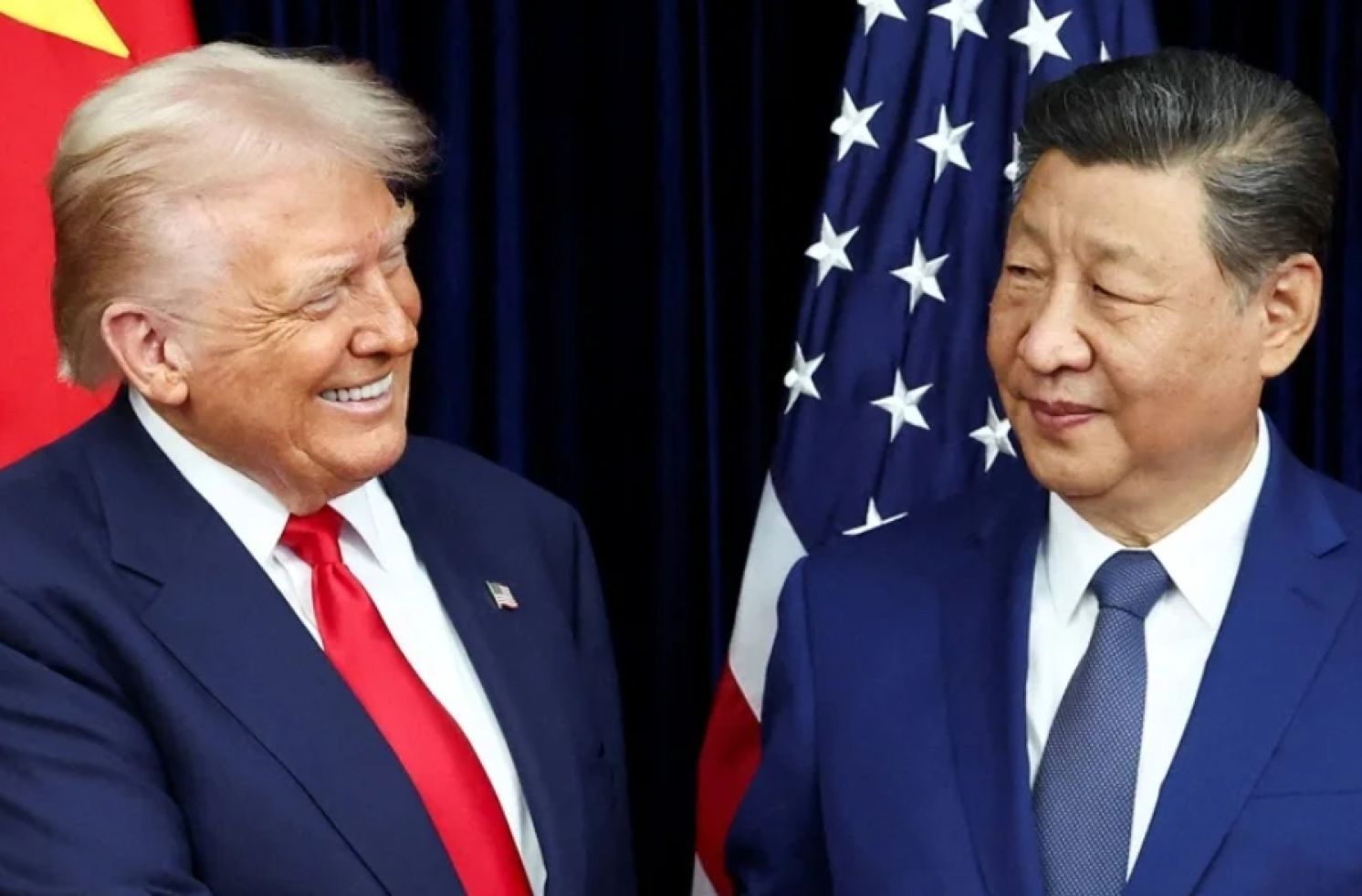
"Taiwan" Strategically Silenced During Trump-Xi Summit
By Fan Tan-tung, the Storm Media Opinion, October 31, 2025
From the very beginning, this rushed meeting between President Donald Trump of the United States and Chinese President Xi Jinping carried a Halloween-like aura—sugarcoated bitterness, masks concealing the truth. From a mere 100-minute discussion to Mr. Trump rushing back to the White House for a Halloween party, everything indicated this was not a high-level summit for strategic recalibration, but a “holiday diplomacy show.” Mr. Trump sought a political photo op, not a diplomatic breakthrough; Mr. Xi sought confirmation that American anxiety could be leveraged.
Compared with previous in-depth U.S.-China talks that often lasted four hours or more, this abruptly concluded closed-door dialogue was almost “fast-food diplomacy.” Subtracting translation and pleasantries, little time was left for “deep-water” issues such as Taiwan, the South China Sea, and tech embargoes. When observers noticed Taiwan was absent from the post-meeting statement, many breathed a sigh of relief, thinking “not being mentioned means safety.” Yet this is the most dangerous illusion—in great-power politics, being ignored can be more damaging than being discussed.
According to foreign media reports, in exchange for China temporarily easing rare-earth restrictions and resuming agricultural imports, Mr. Trump tacitly agreed to relax chip exports, postpone arms sales to Taiwan, and even consider continuing to block Taiwan’s president from visiting the United States. These “bargaining conditions” reveal that America’s strategic focus has shifted from “geopolitical balance” to “economic triage.” When the White House’s diplomacy is driven by stock-market trends, the so-called “omission of Taiwan” is a calculation, not an act of goodwill.
Taiwan has not been forgotten—it has been temporarily shelved. For Mr. Trump, Taiwan holds no electoral value; for Mr. Xi, Taiwan is a future bargaining chip. Both chose to keep Taiwan “silent,” pretending peace.
On the return flight aboard Air Force One, Mr. Trump announced: “The rare-earth issue has been resolved. U.S.-China tariffs will drop from 57 percent to 47 percent.” His tone was triumphant, as if a historic problem had been solved. Yet the essence of this deal was strategic concession: China emerged unscathed, while the United States implicitly acknowledged its dependence. Mr. Trump wrapped hollow diplomacy in Halloween candy—short-term relief, long-term incapacity. As “electoral victory” replaces “strategic resolve,” America’s dominance in the Indo-Pacific gradually erodes.
This so-called “peace” is nothing more than a festive masquerade—vivid while the lights are on, hollow when they fade.
For Taiwan, “not being discussed” is not fortunate—it is a warning. If Washington downplays Taiwan Strait issues for the sake of superficial stability, it effectively weakens “Taiwan security” in U.S. strategic considerations. The current national security priority should be preventing marginalization, not celebrating being overlooked.
Taiwan must strengthen horizontal ties with the U.S. Congress, think tanks, and military to ensure bilateral relations are not swayed by a single leader’s moods; at the same time, it should deepen institutional cooperation with democratic partners like Japan and the European Union, ensuring Taiwan is “continuously seen” on the international stage, rather than “temporarily silenced.”
The smiles that Mr. Trump and Mr. Xi shared before the cameras symbolize not reconciliation, but a calculated understanding. After this Halloween diplomatic performance, what remains is not the seed of peace, but a strategic vacuum.
For Taiwan, the greatest challenge is not provocation but being forgotten. When great powers trade interests at the party, only self-reliance and clarity can prevent us from becoming a name silenced by history.